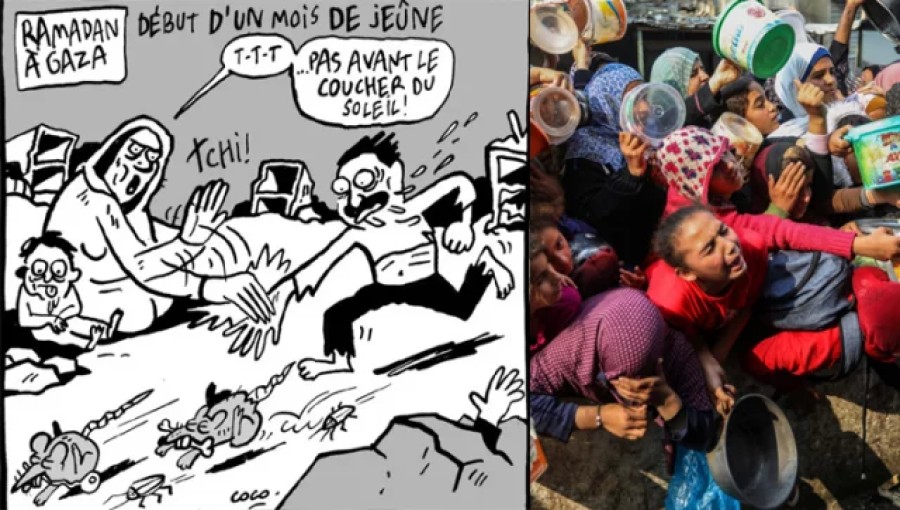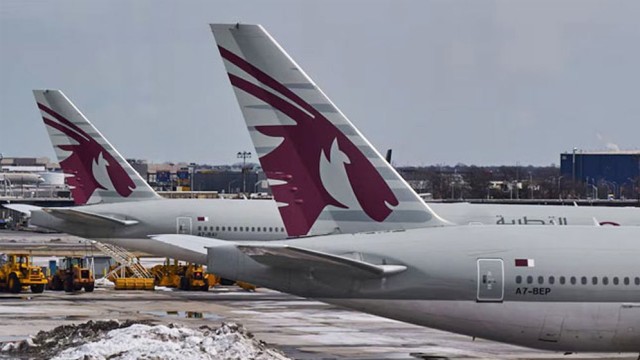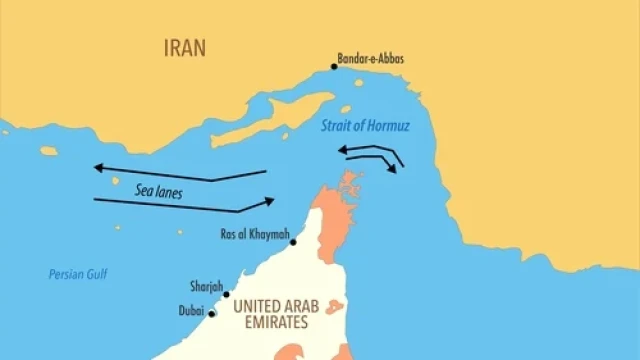French newspaper Liberation has ignited a firestorm of controversy with its recent publication of cartoons mocking the plight of starving children in Gaza. The move has drawn widespread condemnation from netizens worldwide, with many labeling the magazine as Zionist and questioning the limits of freedom of speech in the face of genocide.
The cartoon, published on March 11, depicts a Palestinian woman and child during Ramadan, with the child visibly suffering from hunger. Meanwhile, an angry Palestinian man attempts to collect bones from rats, eliciting criticism for its insensitive portrayal of the dire humanitarian situation in Gaza.
Critics have pointed out the troubling connections between Liberation and Israel, with reports suggesting that the magazine's editor-in-chief, Daou Elfon, was a former employee of Israel's military intelligence department. Furthermore, the magazine's owner, Patrick Darhy, is reportedly a French-Israeli billionaire.
Analysts argue that the publication of such cartoons not only perpetuates Islamophobia and racism but also reflects a broader trend of media complicity in the Israeli genocide against Palestinians. The move has underscored the moral degradation of media outlets in Western countries, including the United States, the United Kingdom, and France, which have been accused of directly supporting Israel's actions.
While Liberation is not the first to face backlash for its insensitive portrayal of Gaza's children, with similar controversies surrounding other French publications in the past, the recent incident has reignited debates over the ethical responsibilities of media organizations in reporting on sensitive issues such as genocide.































Comment: